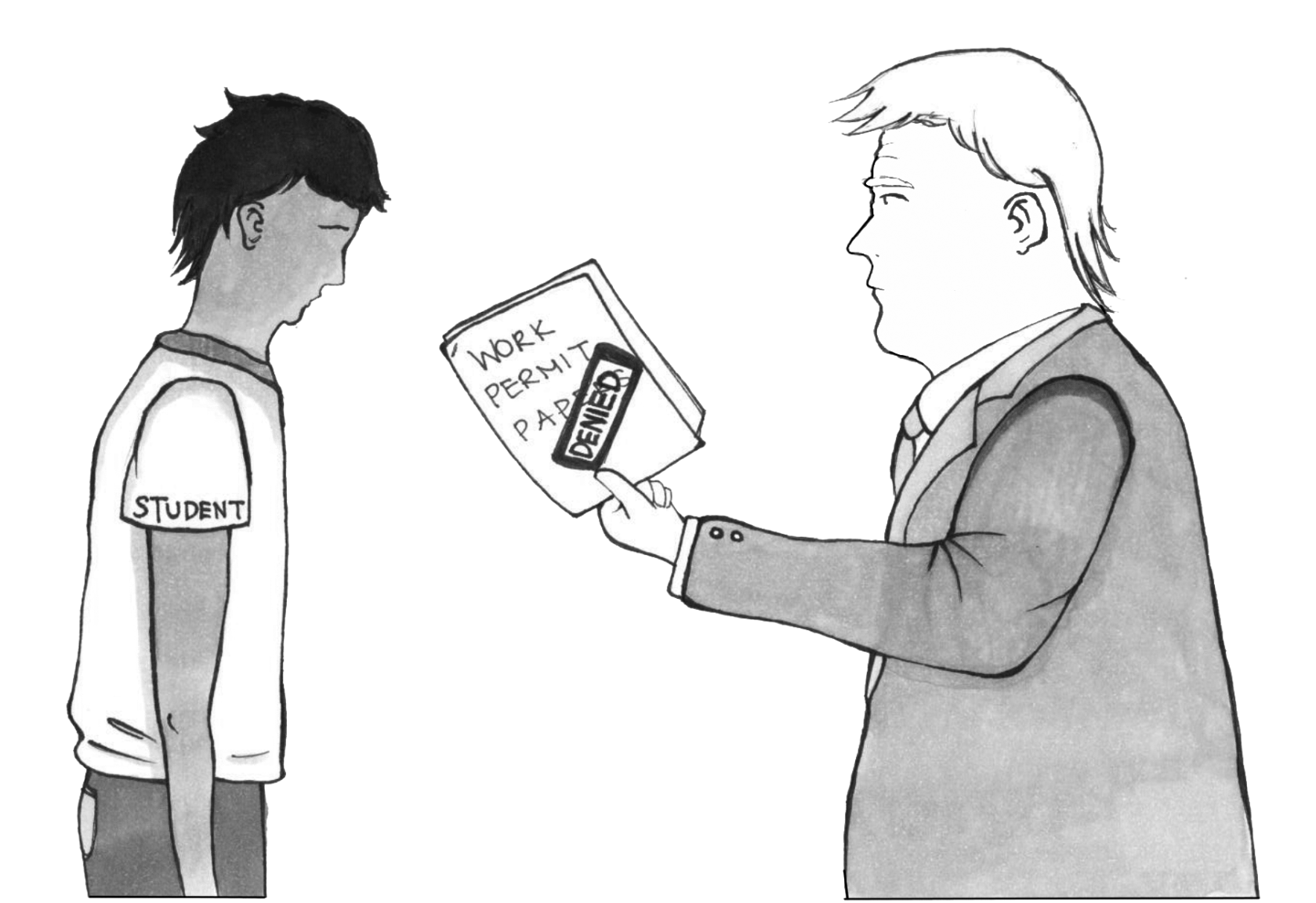

The Deferred Action for Childhood Arrivals provided undocumented immigrants temporary social security numbers, work permits, a chance to enroll in education and renewable protection from deportation as an executive order from President Obama in 2012. However, recently, President Trump has announced the end of the program, and gave Congress six months to decide if DACA will continue.
According to The Guardian, new applications for DACA will no longer be accepted, though the current DACA status of those currently enrolled will be honored until they expire, officially ending all applications in March 2020. Furthermore, DACA statuses that expire between Sept. 5, 2017 and March 5, 2018 were renewable by Oct. 5, 2017. According to The New York Times, Trump removed the program as it decreased wages and “denied jobs to hundreds of thousands of Americans by allowing those same illegal aliens to take those jobs.”
“If Trump ends DACA, there could be potentially more deportations of immigrants who have lived here for a long time,” said senior Max Liu. “That might affect the economy in some ways negatively [as] it would cost a lot of money to do, but if Congress solves it another way, maybe it will be better.”
Some students, such as junior Karyna* and undocumented immigrant Russell* , believe that DACA was beneficial to their communities.
“Immigrant children that are illegally residing in America are often faced with discrimination, isolation and fear because of their immigration status, and DACA is a way to alleviate those worries and struggles,” Karyna said. “Within the circle of my friends and family, everyone had a very positive reaction to DACA. When it was announced on the news, my parents were practically jumping for joy.”
“The reason I wanted to start working was because I wanted to start using my social security have that running and going,” Russell said. “I started making my own money, which meant I had to save up for college … If I can’t get a job [without] a social [security number], there’s going to be many other things that I am going to struggle with getting … Working has been such a great thing because I’m saving money for college, and my big goal is to get there.”
Karyna, however, acknowledges the fact that some may have been against DACA.
“Some people find it unfair that there are families that entered the USA legally that struggled through the proper immigration processes to earn their residency in America, while ‘illegal’ residents such as the Dreamers get a ‘free pass’ through DACA,” she said. “There are concerns about how this program might encourage illegal immigration.”
Junior Michael Athanacio said that the process behind DACA’s implementation was an overstep of boundaries on Obama’s part and that the system can easily be exploited.
“When it was put in place [five] years ago, you had a few weeks to give and submit something to [Congress], and they had to get a response to you within two weeks,” he said. “[Obama] didn’t submit the response — he just put in place … Some people that went through the program didn’t actually go to school and were either on welfare or not actually working … There needs to be specific things that need to be done about the program so that people aren’t exploiting the system.”
Once Trump removed the program, many became disappointed and uncertain.
“These students want to be pursuing something in America,” said Edwin Martinez, the Family Involvement Coordinator for the Latino Community. “If they don’t have the opportunity right now, when is [their discrimination] going to end? They’re going to be ending on the street … 70 percent of [these students] work to pay for their own education and it’s taken away and leaving them hopeless.”
“[My parents] are worried about me because what they want is for me, as well as my siblings, to go to college, get a good degree, and get a good working job,” said Russell. “Mr. Martinez advised me to keep doing things the right way and to not give society a reason to think, ‘Oh, she didn’t deserve DACA.’ He’s told me to push myself to do better, to get good grades, to do everything the right way so that they could see that I’m an immigrant with a dream that wants to get far in life.”
San Mateo Union High School District Superintendent Kevin Skelly, in a released message to the public, declared the district’s support of undocumented immigrants.
“We have to serve kids, no matter whether they’re DACA kids, DREAMers, citizens or noncitizens. When they walk through our door, we have the responsibility to swing hard on their behalf [so that these young people have the right to go to school]. [When it was removed,] we reaffirmed that we are supportive of those students. There was a resolution that the school board passed and a letter sent home to the families.”
*Certain names were changed to protect the student’s privacy.
